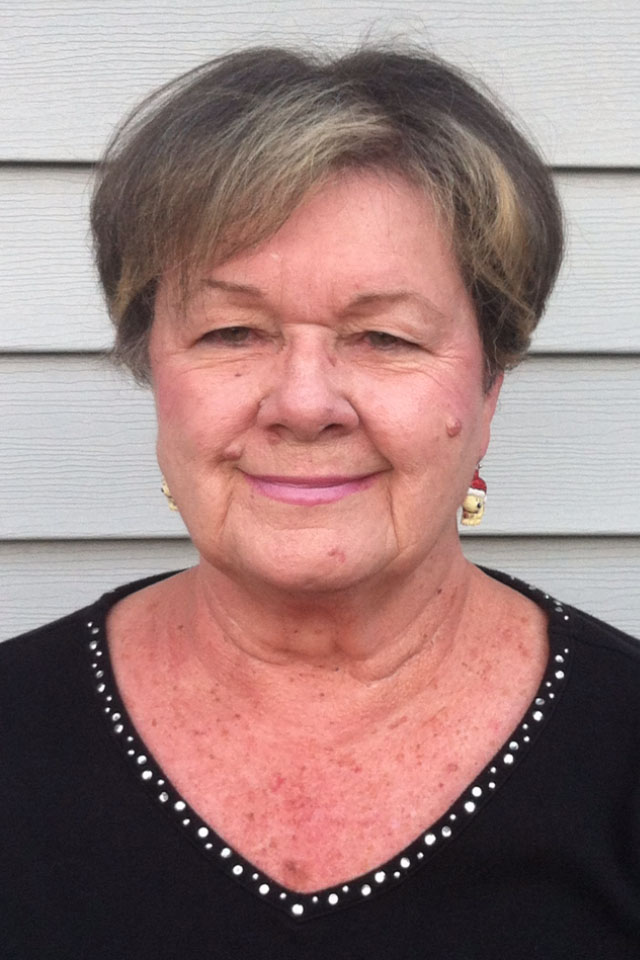Often in mental health counseling, clients say their goal for counseling is to be happy. When asked, “How will you know when you are happy? How will you be different?” they are stumped for a clear answer. Myths perpetrated by cultural markers such as having the perfect marriage, the perfect job, wealth, children, or other self-imposed expectations may suggest these are the components of happiness.
If you want a “happy brain,” a positive outlook on life, perhaps practicing positivity could increase the potential for happiness. Here are a few suggestions:
Look at a series of pictures and note your emotional response. Studies show that people who have happy brains respond more to positive things than negative or neutral ones. Look for pictures depicting positive situations. Good things happen all around you, look for them.
Misfortune can happen to all of us in various ways. Intentionally look for the positive lessons in each experience and hold on to those.

If, as an adult, you have reached culturally confirmed markers for success, realize that this could be only a part of happiness. You must continue to grow as a person to reach a fulfilled life.
Studies show that keeping a gratitude journal, laughing often (those crazy cat videos!), and nurturing strong relationships are great ways to boost mood and feelings of happiness.
Choose activities to train your brain to be happy. Some considerations could be quiet exercises such as yoga or meditation, or physical exercise such as walking in nature or exercises to make your body healthier. Then there is the exercise of helping others such as volunteering for a special project or for an ongoing commitment.
Spend your money on meaningful activities that bring you closer to family and friends or that boost self-confidence. Share travel experiences, play board games, or make family meals special and routine. These experiences do not have to be elaborate or expensive; they only need to be meaningful for you.
Age can make a difference in the experiences you choose. Be aware of the stage of your life: younger people enjoy uncommon, extraordinary experiences while older people may prefer simple, ordinary experiences that are deeply meaningful such as enjoying a period of silence simply holding hands.
Happiness rarely knocks on your door. You must look for it and understand that your definition most likely will be different from any other definition.
If Samaritan Counseling Center can be of assistance, please give us call at (432) 563-4144.




